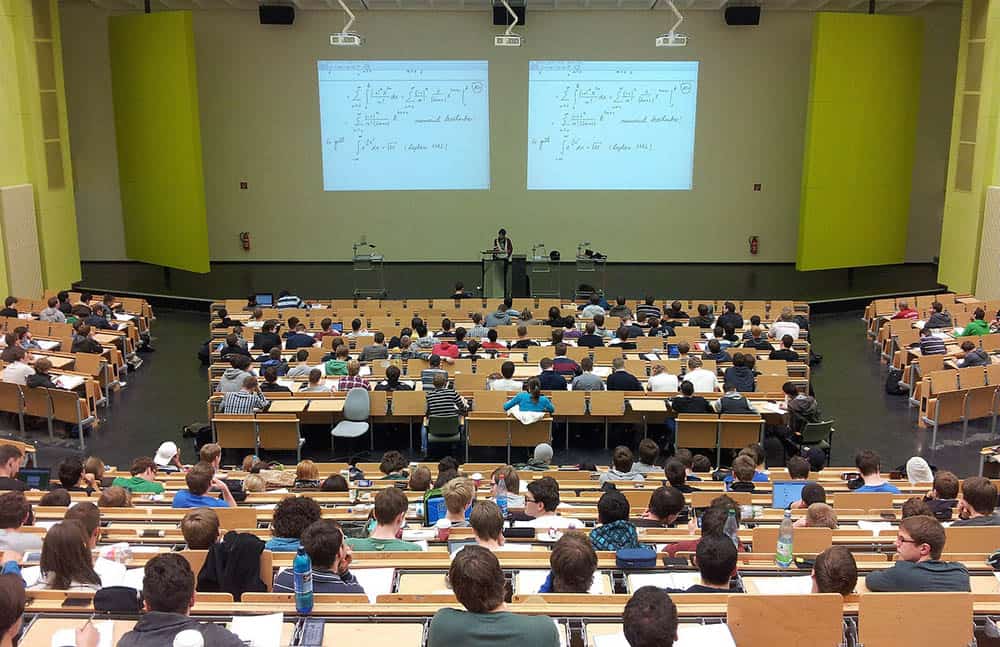Lack of funding awareness for assistive technology could prevent disabled students attending university

With students up and down the country receiving their A-level results last week, a government report has identified a large percentage of disabled students may not be aware of vital Disabled Students’ Allowance (DSA) funding available to them should they choose to attend university.
DSAs are payments (neither means-tested nor repayable) to help with essential, additional expenditure a disabled student incurs while studying, helping to pay for vital equipment such as assistive technology and accessible transport.
In 2019/20, a full-time disabled student can be entitled to a maximum of £5,684 for specialist equipment for the whole course, £22,603 for a non-medical helper per year, as well as a general allowance up to £1,899 per year. The average amount granted is £500 per student.
Released at the start of the year, the ‘Evaluation of disabled students’ allowances Research report’ from the Department of Education highlighted that only 40 percent of students had heard about DSAs prior to starting their university course.
According to the report, only 13 percent of disabled students had heard about the DSA through their school, college or sixth form.
Additionally, the document reported that there is confusion among students about what DSAs cover and whether they are eligible to apply for it, particularly among those with mental health and long-term conditions.
The lack of awareness and confusion has led to organisations suggesting disabled students not applying for university placement.
Rundip Thind, Disabled Student Adviser for Disability Rights UK, commented: “Not knowing what you may get can result in some people not applying. It’s sometimes felt that what you get isn’t worth the hassle and students would rather not go through an assessment process.”
In 2015/16 and 2016/17, the Government changed the DSA funding model, requiring students to contribute the first £200 towards the cost of a new computer, as well transferring the responsibility to universities to provide specialist non-medical help.
To help ensure disabled students are able to access support and thrive in higher education, the former Universities Minister Chris Skidmore announced the establishment of the Disabled Students’ Commission in June.
The Group, which is being developed by the Office for Students, is tasked with addressing and eliminating the institutional hurdles that negatively impact disabled students and will consist of a range of appointments from the sector, including students and employers.
https://thiis.co.uk/lack-of-funding-awareness-for-assistive-technology-could-prevent-disabled-students-attending-university/https://thiis.co.uk/wp-content/uploads/2019/08/university-education.jpghttps://thiis.co.uk/wp-content/uploads/2019/08/university-education-150x150.jpgInvestments & FundingNewsroomReports & ResearchUncategorisedA-levels,aids,assistive technology,Departmenr of Education,Disability Rights UK,Disabled Student's Allowance,DSA,Education,equipment,funding,Office for StudentsWith students up and down the country receiving their A-level results last week, a government report has identified a large percentage of disabled students may not be aware of vital Disabled Students’ Allowance (DSA) funding available to them should they choose to attend university. DSAs are payments (neither means-tested nor...Calvin BarnettCalvin Barnettcalvin.barnett@bhta.comAuthorTHIIS Magazine

